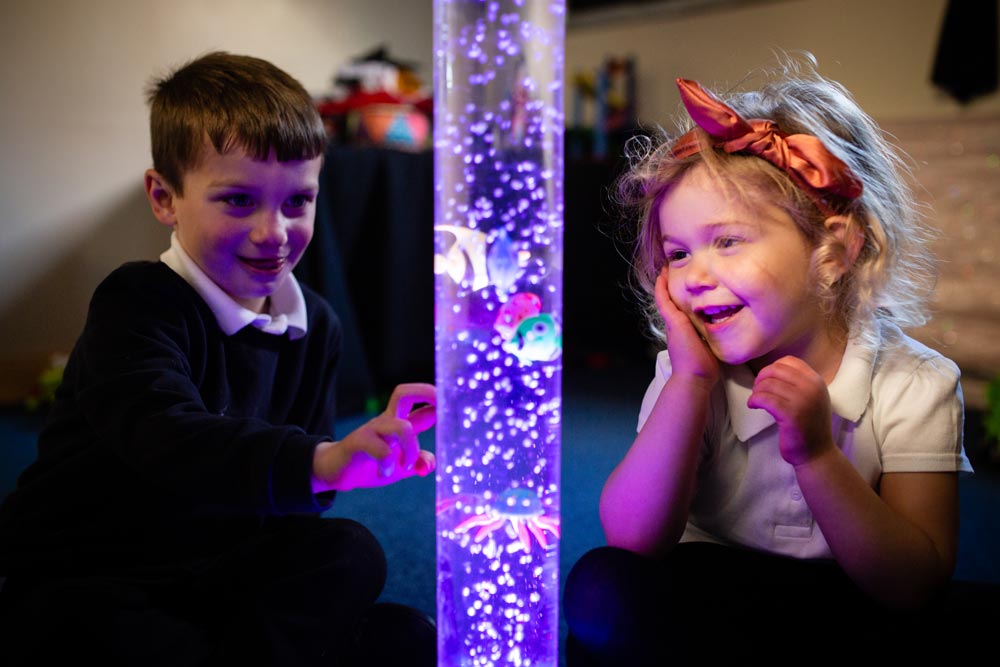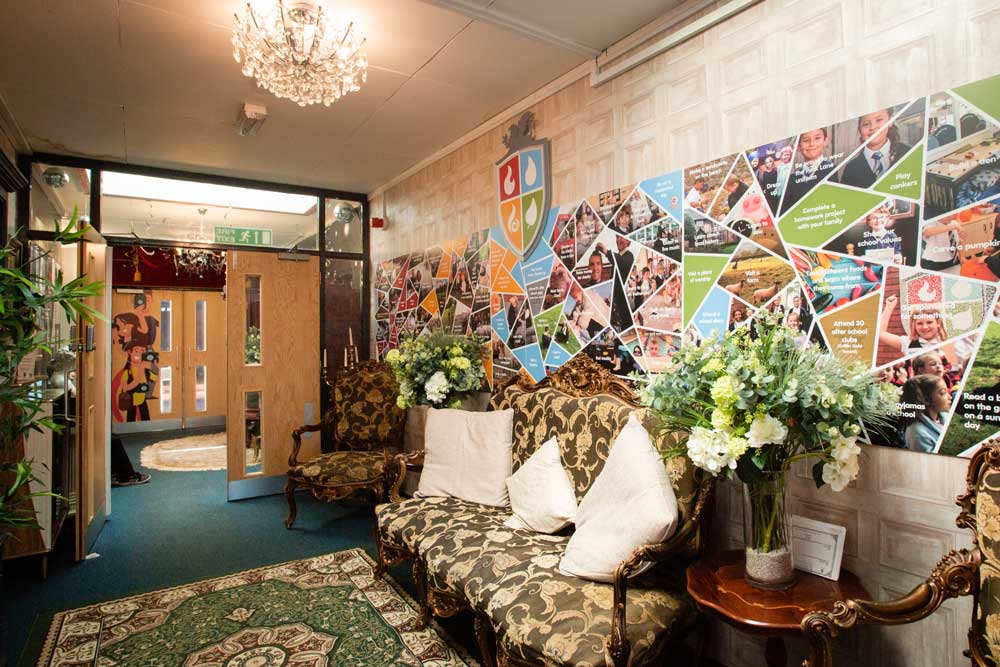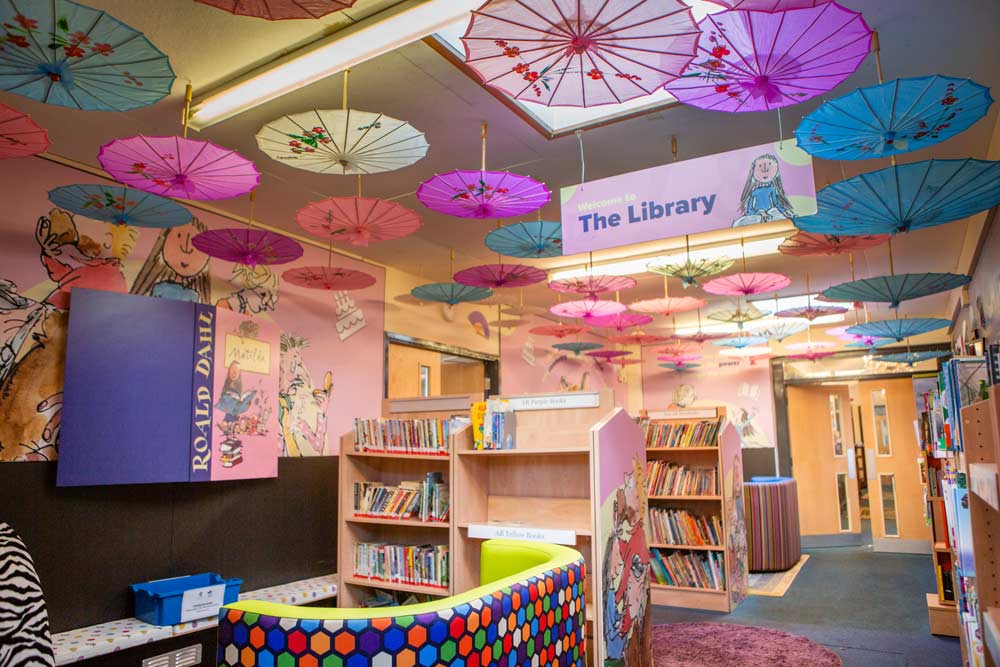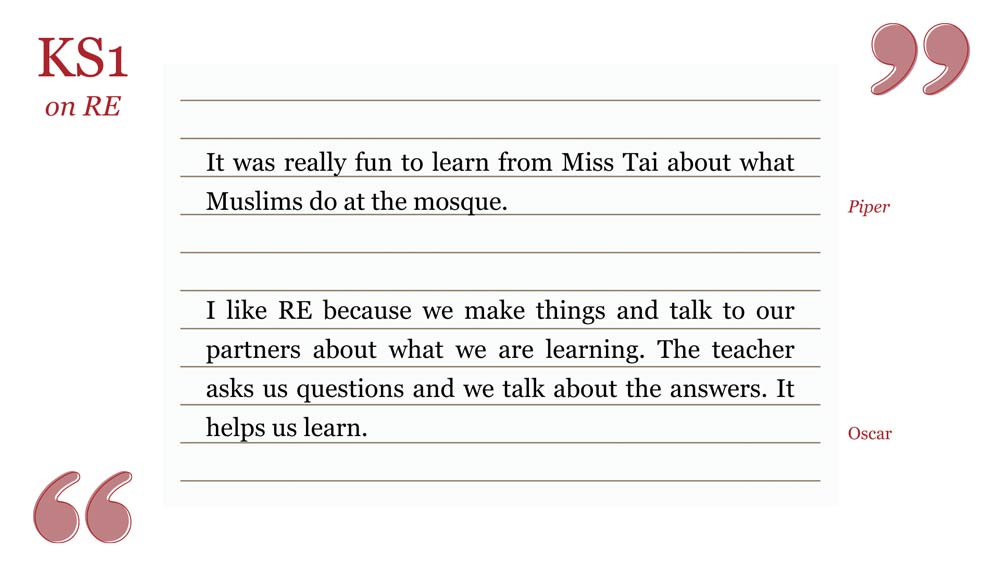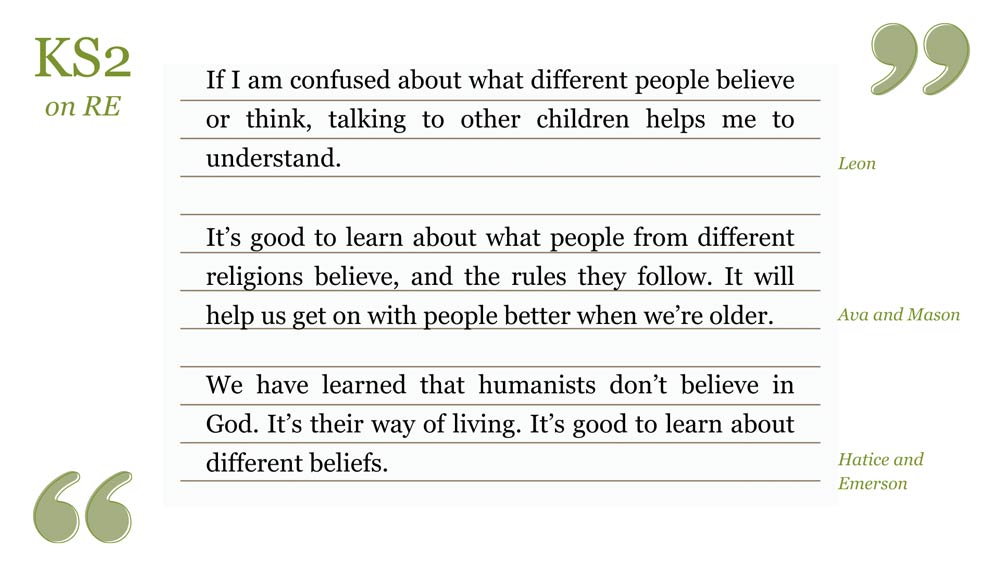Latest news
Gallery
Filter
>> RELIGIOUS EDUCATION
“Differences were meant not to divide but to enrich”
J. H. Oldham
Intent
Through the teaching of RE at Park Lane Primary School, we aim for children to gain a deeper sense of self-knowledge, moral courage and a capacity for imaginative sympathy for others. All of the RE teaching and learning is underpinned by the school values. Our provision of RE enables all children to aspire to high achievement, by providing a curriculum that is engaging, challenging and inclusive for all.
Through the delivery of the Coventry and Warwickshire Agreed Syllabus, our pupils learn about Christianity and its importance in UK culture and heritage; other major religions in and beyond the United Kingdom; as well as non-religious world views. Pupils have a range of opportunities to enquire about big questions and develop the skills needed to appraise responses and develop their own views and understanding.
The Religious Education curriculum is split into three strands:
- Believing (Theology) – Learning about where beliefs come from, how they have changed over time, how they are applied differently in different contexts and how they relate to each other.
- Living (Human and Social Science) – This discipline explores the diverse ways in which people practise their beliefs. It engages with the impact of beliefs on individuals, communities and societies.
- Expressing (Philosophy) -This is about finding out how and whether things make sense. It deals with questions of morality and ethics. It takes seriously the nature of reality, knowledge and existence.
This multi-disciplinary approach ensures that our pupils receive a balanced diet of RE and worldviews.
In addition to this, RE at Park Lane helps to prepare pupils to become responsible citizens by raising issues of local, national and global concern and then placing them in spiritual and moral contexts. It provides children with an opportunity to develop understanding that each child has the right to hold different beliefs. This enables pupils to see diverse religions and beliefs as a significant part of the local, national and global community and of human experience.
Implementation
Teachers at Park Lane Primary School:
- Use the Coventry and Warwickshire Locally Agreed Syllabus and accompanying schemes of work to plan and deliver a curriculum that ensures progression for all pupils in both knowledge and skills.
- Use a range of artefacts and resources to enhance the teaching of RE. Park Lane School is a member of NATRE, and therefore has access to a wide range of expertise and resources.
- Utilise visits to local places of worship and welcome visitors from various faith communities into school, to provide children with opportunities to learn from adherents’ lived experience of their faith.
- Use an enquiry based approach to ensure pupils are able to think deeply about questions of belief, life and morality.
- Provide children with opportunities to reflect on their own beliefs and to articulate their understanding of their own views and those of others.
Impact
The RE syllabus is designed to show progression and development of skills, preparing children well for secondary school. Children at Park Lane make good or better than expected progress in this subject. The impact of this progress is measured in the following ways:
- At the end of each module teachers complete in-house assessment grids, using key questions from the syllabus.
- Children can articulate their understanding of the belief systems and practices of the faith groups and worldviews studied.
- Seesaw and written work provides evidence of learning in each year group.
- Children show respect and tolerance for the beliefs and values of others, which is demonstrated in various aspects of school life.


